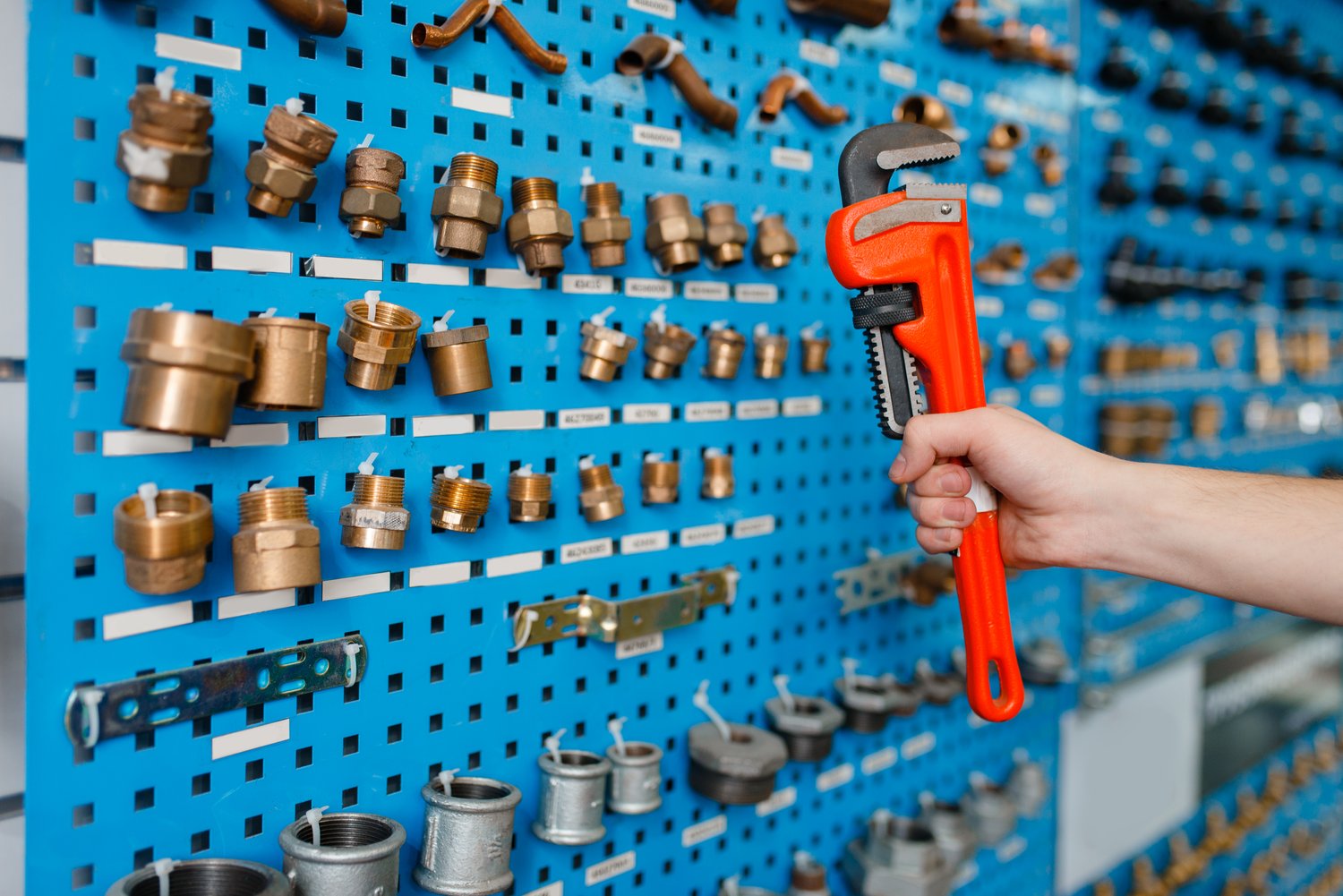Understanding Electrotechnics basics
Electrotechnics is a fundamental aspect of electrical engineering. It encompasses the study and application of electrical systems. This field is crucial for professionals working in various industries. Electrotechnics covers a wide range of topics, from basic circuit theory to complex power systems. Understanding these principles is essential for anyone working with electrical equipment.
The field of Electrotechnics has evolved significantly over the years. Modern applications include renewable energy systems and smart grids. In 2022, the global Electrotechnics market was valued at $278 billion. Experts predict this figure to grow by 6.5% annually until 2030. Electrotechnics knowledge is vital for ensuring safety and efficiency in electrical installations.
Choosing the right cable lugs for your project
Cable lugs are essential components in electrical connections. They provide a secure termination point for cables. Selecting the appropriate cable lug is crucial for ensuring a reliable electrical connection. Factors to consider include the cable size, material, and application environment.
There are various types of cable lugs available in the market. Common materials include copper, aluminum, and brass. Each material has its advantages and suitable applications. For instance, copper lugs offer excellent conductivity and corrosion resistance. It’s important to match the lug material with the cable conductor to prevent galvanic corrosion.
Implementing effective support systems
Support systems play a crucial role in electrical and plumbing installations. They provide structural integrity and organization for cables and pipes. Proper support systems prevent sagging, reduce stress on connections, and improve overall system longevity. Choosing the right support system depends on factors such as load capacity and environmental conditions.
There are numerous types of support systems available for different applications. These include cable trays, conduit systems, and pipe hangers. Each system has its specific advantages and use cases. For example, cable trays offer easy access for maintenance and future expansions. Proper installation of support systems can reduce installation time by up to 30% and improve system reliability.
Selecting Industrial power equipment
Industrial power equipment is the backbone of many manufacturing and processing facilities. This category includes transformers, switchgear, and motor control centers. Selecting the right equipment is crucial for ensuring operational efficiency and safety. Factors to consider include power requirements, environmental conditions, and regulatory compliance.
Modern Industrial power equipment often incorporates advanced features. These may include remote monitoring capabilities and energy efficiency technologies. For instance, smart transformers can reduce energy losses by up to 20% compared to traditional models. It’s essential to consider the total cost of ownership when selecting industrial power equipment, including maintenance and operational costs.
Understanding Fuse links accessories
Fuse links are critical components in electrical protection systems. They provide overcurrent protection by melting when excessive current flows through them. Fuse links accessories include fuse holders, fuse blocks, and indicating fuses. These accessories enhance the functionality and safety of fuse-based protection systems.
Choosing the right Fuse links accessories is crucial for system reliability. Factors to consider include voltage rating, interrupting capacity, and time-current characteristics. Modern fuse accessories often include features like blown fuse indicators. These can reduce troubleshooting time by up to 50%. It’s important to ensure compatibility between fuse links and their accessories for optimal performance.





